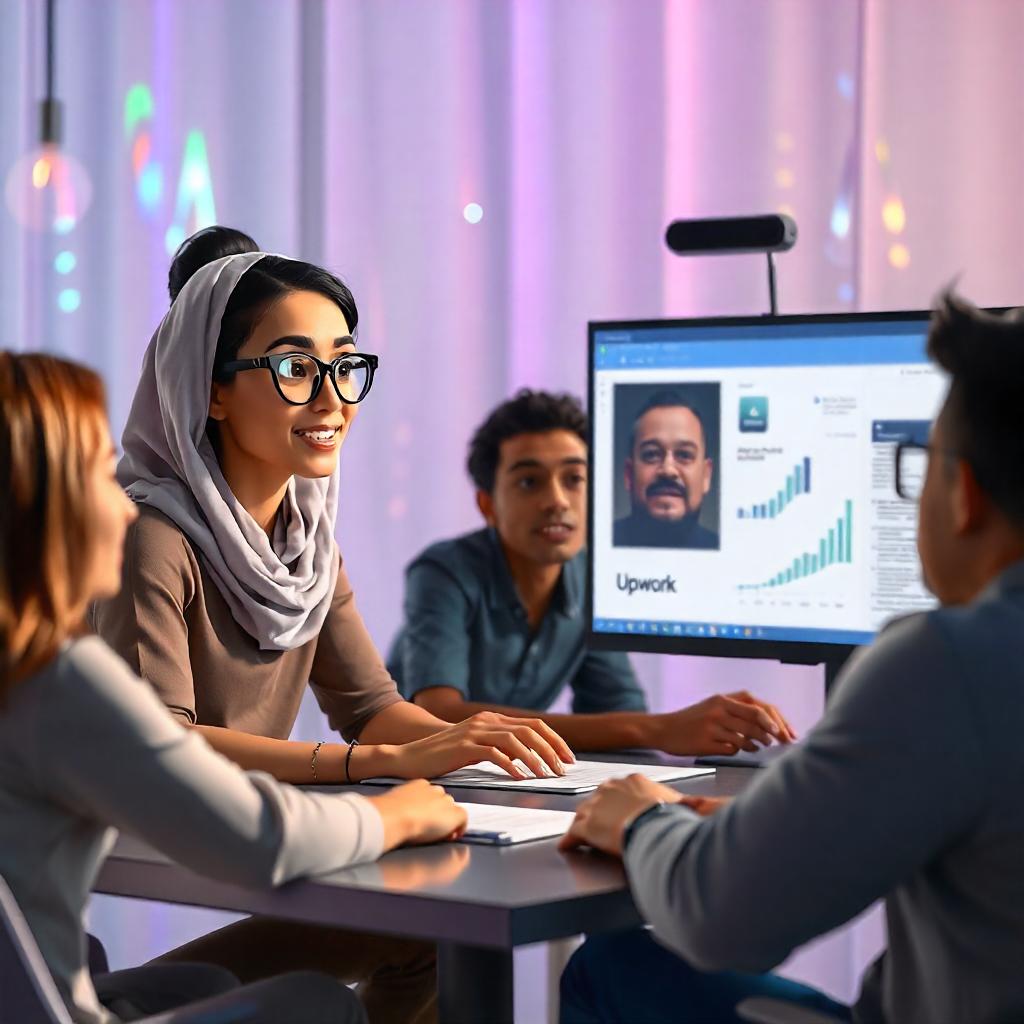Make Money By Doing Transcription Jobs
Transcription jobs offer a flexible way to make money online by converting audio or video recordings into written text. Whether you’re transcribing interviews, podcasts, lectures, or medical recordings, transcription work can be done from anywhere, making it an ideal side hustle or even a full-time job. Here’s how you can get started in transcription and earn money.
1. Understand the Types of Transcription Jobs
There are various types of transcription jobs you can explore. Understanding the different categories can help you decide which one suits you best:
How to Earn Money Online – The Ultimate Guide to Financial Freedom!
- General Transcription: This involves transcribing a wide range of audio materials, such as interviews, meetings, podcasts, or webinars. General transcription is often less specialized, making it ideal for beginners.
- Medical Transcription: Medical transcriptionists convert recordings from healthcare professionals into written reports. This type of transcription requires specialized knowledge of medical terminology and is often higher-paying due to the expertise required.
- Legal Transcription: In this category, transcriptionists convert legal recordings, such as court hearings or depositions, into written documents. Legal transcription requires knowledge of legal terms and processes.
- Business Transcription: This involves transcribing business-related recordings like corporate meetings, conferences, and interviews. It may require understanding industry-specific jargon.
- Captioning: This involves adding captions to videos, which is slightly different from transcription. Captions require you to sync text with the video, ensuring that viewers can read along with the spoken content.
2. Find Transcription Jobs on Platforms
There are many websites and platforms where you can find transcription jobs. Some platforms offer freelance opportunities, while others have a more structured employment setup. Here are some popular platforms to consider:
- Rev: Rev is a well-known transcription service provider that offers work for freelancers. They provide transcription, captioning, and translation jobs. Payments are made weekly, and they offer competitive rates, especially for beginners.
- TranscribeMe: This platform hires transcribers to work on various audio and video projects. It’s a good place to start if you’re new to transcription. The pay is usually per audio minute, with the opportunity to earn more as you gain experience.
- Scribie: Scribie offers transcription jobs with a focus on audio and video recordings. The platform pays per file, and transcribers can earn more by working on longer recordings or those requiring more detail.
- GoTranscript: GoTranscript is a transcription service that hires freelancers for transcription, translation, and captioning tasks. It’s an accessible platform for beginners and experienced transcribers alike.
- Lionbridge: Lionbridge is a global company that hires freelance transcribers for various projects, including transcription, translation, and captioning. It offers flexible work opportunities and competitive rates.
- Fiverr and Upwork: Both Fiverr and Upwork allow freelancers to offer transcription services. You can set your own rates and work with clients directly, which provides flexibility in terms of payment and workload.
3. Sign Up for Transcription Services
Once you’ve chosen a platform, you’ll need to sign up and create a profile. Most platforms will require you to complete a transcription test or submit a sample of your work to demonstrate your skills. Here’s what to expect:
How to Earn Money Online – The Ultimate Guide to Financial Freedom!
- Complete a Test: Platforms like Rev, TranscribeMe, and GoTranscript often require new applicants to complete a short transcription test to assess your accuracy, typing speed, and attention to detail.
- Set Up a Profile: A strong profile with details about your experience, skills, and any certifications (if applicable) will help you stand out to potential clients. Make sure your profile reflects your typing speed, knowledge of transcription tools, and any specializations (like medical or legal transcription).
- Start Transcribing: Once you’re approved, you can start working on available transcription projects. Some platforms allow you to choose projects based on your interests, while others assign them to you automatically.
4. Invest in the Right Tools
While some transcription jobs can be done with just a computer, there are tools and equipment that can help improve your productivity and quality of work:
- Foot Pedal: Many transcriptionists use a foot pedal to control the playback of audio files without using their hands. This allows you to work more efficiently.
- Headphones: A good pair of noise-canceling headphones is essential for hearing every word clearly, especially in noisy or low-quality audio recordings.
- Transcription Software: Many transcriptionists use software such as Express Scribe, oTranscribe, or InqScribe to transcribe audio. These programs help you control playback speed and timestamp transcriptions, making the process easier and faster.
- Text Expander: This tool allows you to save time by creating shortcuts for frequently used phrases or terms, which is particularly helpful in legal or medical transcription.
How to Earn Money Online – The Ultimate Guide to Financial Freedom!
5. Improve Your Skills and Speed
Transcription requires both speed and accuracy. As you gain experience, your typing speed and ability to transcribe more efficiently will improve. Here are a few tips for improving your transcription skills:
How to Earn Money Online – The Ultimate Guide to Financial Freedom!
- Practice Typing: The faster you type, the more money you can make. Regular typing practice, using tools like TypingClub or Keybr, can help you improve your speed.
- Familiarize Yourself with Jargon: If you want to specialize in fields like legal or medical transcription, learn the relevant terminology. Many transcription services will provide training materials, but independent research and study will help you increase your earning potential.
- Focus on Accuracy: Quality is just as important as speed. Take the time to proofread your work, ensuring it is error-free. Clients value accuracy and will be more likely to offer you repeat business if you consistently deliver high-quality transcriptions.
6. Set Your Rates
As a transcriptionist, your pay can vary depending on your experience, the type of transcription work, and the platform you use. Here’s what to consider when setting your rates:
- Experience: Beginners usually earn less, but with more experience, you can negotiate higher rates. As you specialize in areas like legal or medical transcription, you can command premium rates.
- Per Audio Minute/Hour: Some platforms pay by the audio minute or hour, while others may pay per word or per project. For instance, beginners typically earn around $0.50 to $1.50 per audio minute, while experienced transcribers can earn more.
- Flat Fee vs. Hourly: Some platforms offer flat-fee projects, while others pay by the hour. Be mindful of how much time a project will take and factor that into your pricing strategy.
7. Market Your Services
If you want to work independently and attract your own clients, consider marketing your transcription services. Here are a few ways to promote yourself:
- Create a Website or Portfolio: Having an online portfolio showcasing your transcription work can help you attract clients. Include examples of your work, your specialties, and any certifications you have.
- Network with Businesses: Reach out to businesses that might need transcription services, such as law firms, medical offices, or podcast creators. Many small businesses prefer hiring freelancers directly rather than through platforms.
- Leverage Social Media: Use LinkedIn, Facebook, or Instagram to market your transcription services. Joining transcriptionist groups and engaging in relevant discussions can help you gain exposure.
How to Earn Money Online – The Ultimate Guide to Financial Freedom!
8. Get Paid for Your Work
Transcription platforms typically pay on a weekly or monthly basis, depending on their policies. Some platforms use PayPal, direct deposit, or other payment methods to pay freelancers. Make sure you understand the payment schedule and keep track of your earnings.









